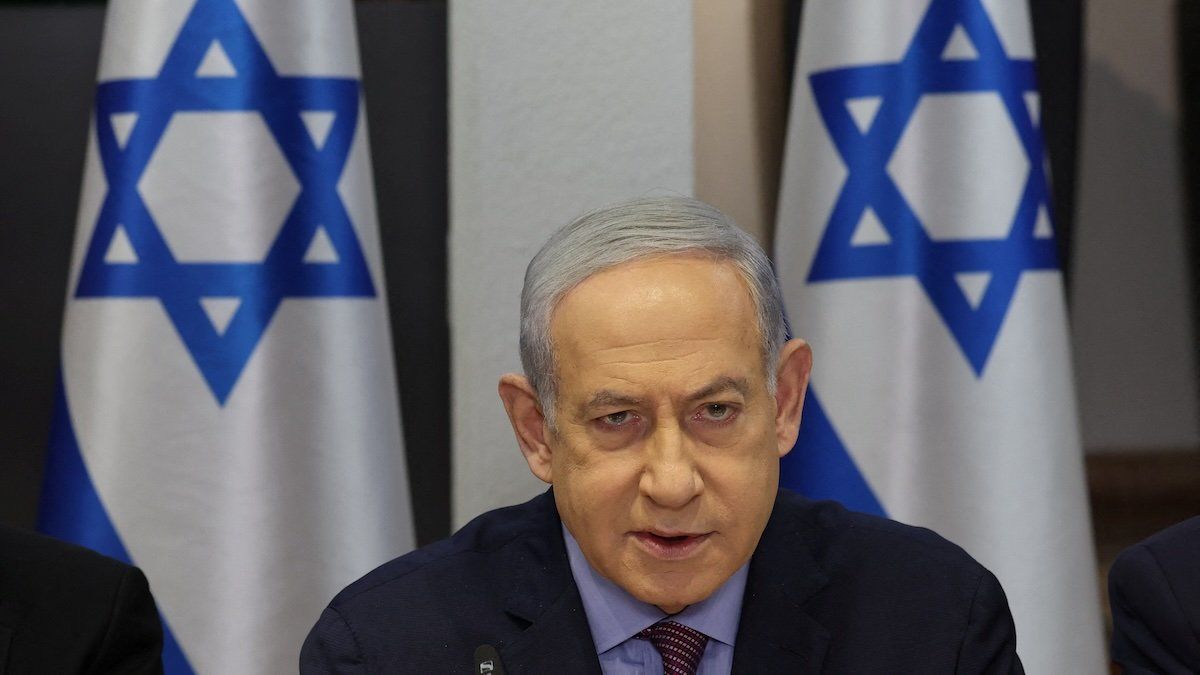Amid growing global calls for a cease-fire in Gaza and rapidly escalating tensions across the Middle East, Arab states and the US are increasingly looking towards a longer-term solution that revives the idea of a Saudi-Israel normalization deal that includes the outlines of a Palestinian state.
At least one Israeli leader isn’t completely opposed to the idea: Israeli President Isaac Herzog on Thursday said that Saudi Arabia formally recognizing Israel would be “key to the ability to exit from the war into a new horizon.”
This came just two days after Saudi Foreign Minister Prince Faisal bin Farhansaid the kingdom would “certainly” be willing to recognize Israel – though only as part of an agreement involving the creation of “a Palestinian state.”
The idea isn’t totally new. Prior to Oct. 7, there was a Saudi-Israel normalization deal in the works too, but Palestinian statehood was not viewed as Riyadh’s top priority at the time.
So just how realistic is this revitalized effort?
“It’s good politics in the US,” and the White House believes “it’s the best way to induce Israel to be more reasonable on the Palestinian issue,” says Hussein Ibish, a senior resident scholar at the Arab Gulf States Institute.
Still there are two big problems.
First, the ongoing war in Gaza. The Saudi ambassador to the US on Thursday said that normalization won't be possible until there's a cease-fire.
Second? An obstacle named Bibi. Israeli Prime Minister Benjamin Netanyahu on Thursday said he has told the US he categorically rejects any calls for a post-war Palestinian state, stating that Israel needs “security control” over all territory west of the Jordan River, which includes the West Bank and Gaza. That’s Bibi’s version of “river to the sea.”
With factions of his hard-right government opposed to making concessions to Palestinians and “no consensus” on governance in post-war Gaza, it’s going to be “difficult to get the necessary pieces aligned over the short-term” for any normalization deals, says Sofia Meranto, a Middle East analyst at Eurasia Group.
Putting Bibi in a corner? But as Washington and Arab countries continue to champion this approach, it could further isolate Bibi at a time when he’s extraordinarily unpopular in Israel.
Netanyahu is standing in the way of an important diplomatic initiative that could strengthen the Jewish State and stability in the region, says Ibish, and the Biden administration, which wants Bibi gone “as soon as possible,” is making the point to the rest of Israel that this could be possible without “obstruction” from the Israeli leader and “his extremist friends.”
Whether this will bear fruit remains to be seen, but it’s a space we’ll be keeping a close eye on in the days ahead.






